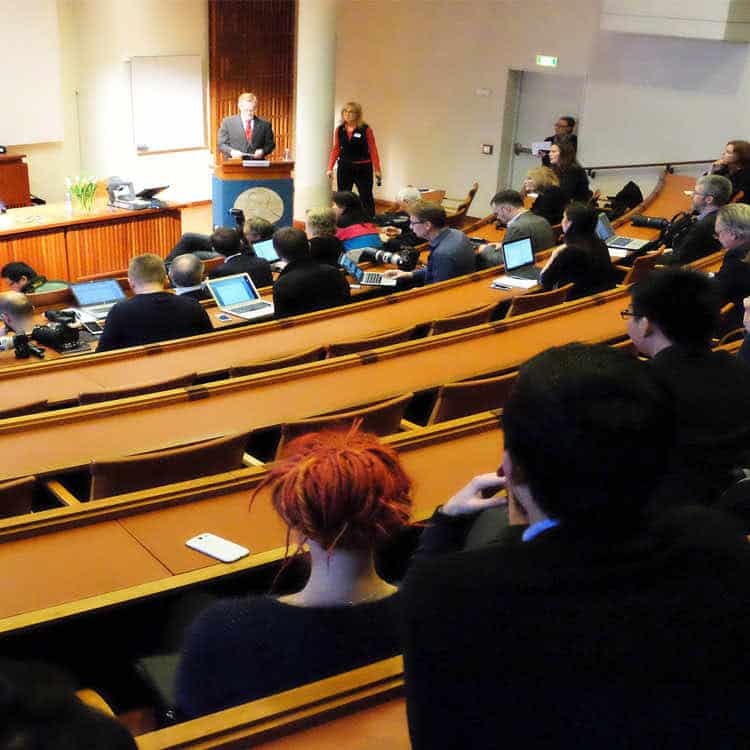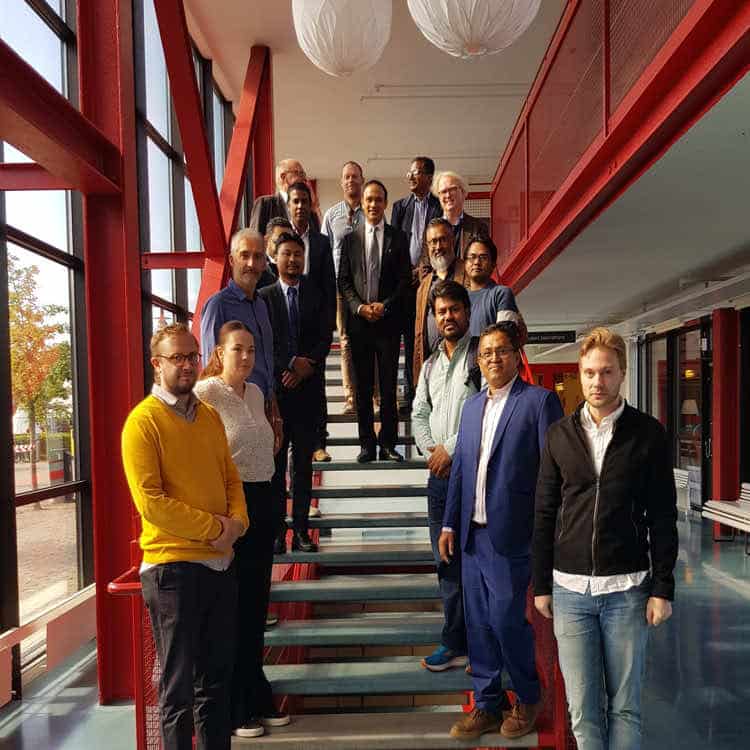Global Health

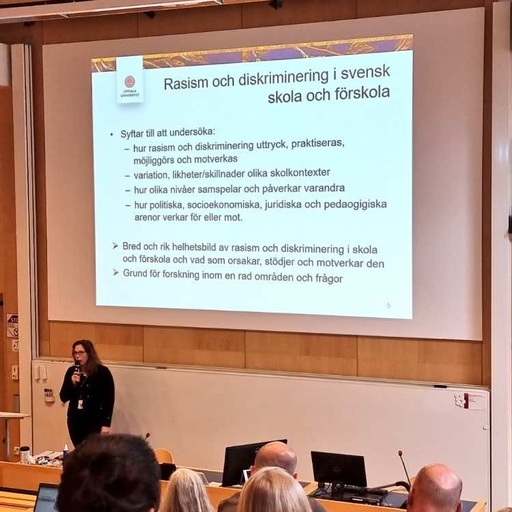
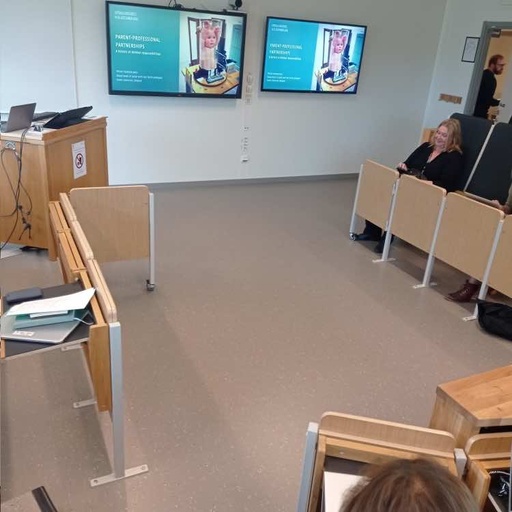
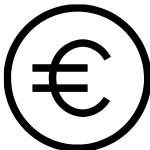
Tuition

Duration

Admissions Deadline

Location
Profile
The Master Programme in Global Health consists of four semesters where the introductory provides basic knowledge in global health and research methods, and introduces the second semester’s advanced course focusing on global nutrition, sexual and reproductive health and child health. The third semester prepares for the Master’s thesis in the last semester with courses in research methods and field work, but can also be combined with an internship.
Map
Sorry, no records were found. Please adjust your search criteria and try again.
Sorry, unable to load the Maps API.
Admissions Requirements
Applicants should have a bachelor's degree with a major in medicine, nursing, nutrition, or similar fields relevant for international health. Applicants from non-anglophone countries must provide proof of English proficiency. Application deadline for non EU students is January 15.
Related Programs
Program Information
Uppsala
Uppsala County
751 26
Sweden
- 2 years
- Full Time
- On Campus Learning
Additional Information
Considerations


